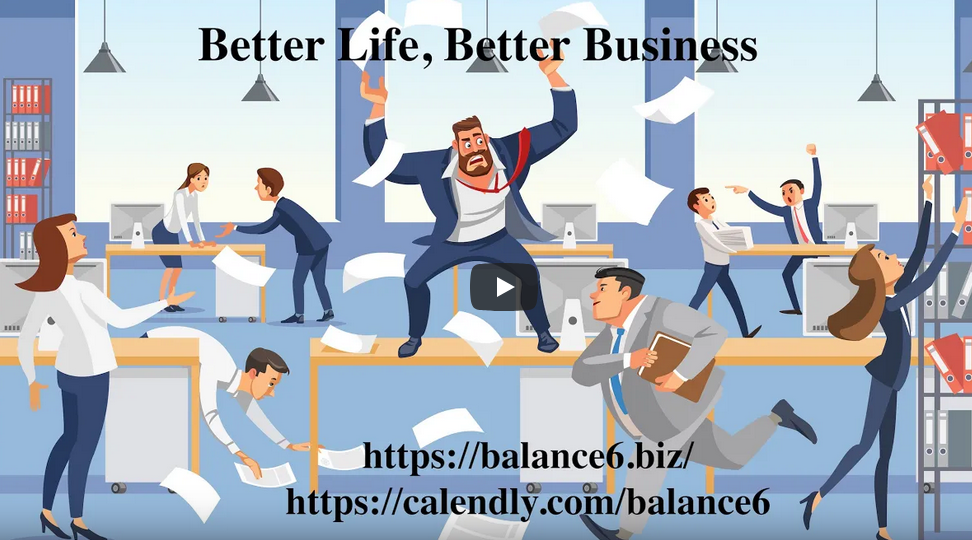Column: Better Life, Better Business
All successful people think long-term when planning their goals and deciding on daily tasks. That’s how they manage time successfully, avoid time wasters, stop doing low level time consuming activities and maximize results.
Superior thinkers have the ability to accurately predict the consequences of doing or not doing a task. Before taking action, we need to know how important a task is, and whether or not we should do it.
Further, following the Pareto Principle—often referred to as the 80/20 Rule—we need to evaulate whether or not an activity or task falls into the 20% “vital” activity category or into the 80% “trivial” category.
So, a superior thinker, carefully evaluates the potential consequence of a task before working on it. Is it beneficial to my company and personal life, or not?
This approach is supported by Dr. Edward Banfield of Harvard University. After 50 years of research he concluded that the long-time perspective is the most important and accurate way to predict who in the U.S. is moving up socially and economically.
Nothing is more important in achieving success
This long-time perspective, it has been determined, is more important in achieving goals than family background, education, race, intelligence, connections, and other factors.
In other words, nothing is more important in determining success in business and life than long-term perspective.
My attitude toward time (or my time horizon) has the biggest impact on my choices and behavior! 
In order for me to be more successful in life and business, I have to adopt a long-term view. If I do so, this guarantees that I will make better decisions about my time and my activities than those who don’t adopt such a perspective.
Successful people have a clear focus on the future. Five, 10, 20 years down the road, successful individuals are always asking: “Is what I’m doing today consistent with the future that I desire?”
This means that something that we consider important must have long-term potential POSITIVE consequences.
Identify and Delete the time-wasters
If a task does not have long term positive consequences, it is unimportant and should not take up our time.
This means—before starting a task—we need to know what is the potential consequences of doing, or NOT doing, the task.
Focus on the long view
Successful people are willing to make sacrifices, to go without certain things, so that they can enjoy far greater rewards in the long term.
This is not easy to do, especially living in an instant gratification society, but everyone who has made sacrifices for a greater good can appreciate this.
Motivational speaker Denis Waitley says, “Losers try to escape from their fears and drudgery with activities that are tension-relieving. Winners are motivated by their desires toward activities that are goal-achieving.”
Once we develop that long term focus, clarity on the future that we desire and WHY we desire it, motivation follows.
Motivation
Because motivation requires a motive, if we are clear about the motive and the positive consequences of our action in light of our desired future, we then automatically develop the motivation needed to keep our attention and focus on continually starting and completing those tasks that can make a major difference to our company and to our life in the future.
Continually thinking about the potential consequences of our decisions, actions and behaviors determines our true priorities in business and personal life.
RELATED RESOURCES:
- Watch the Video: Long-Term Thinking – by Christoph Nauer
- Balance6.biz
——————
Christoph Nauer is a certified business coach, helping business owners to increase their productivity, profits, and to improve their personal lives. He coaches business owners to... MORE »



You must be logged in to post a comment.